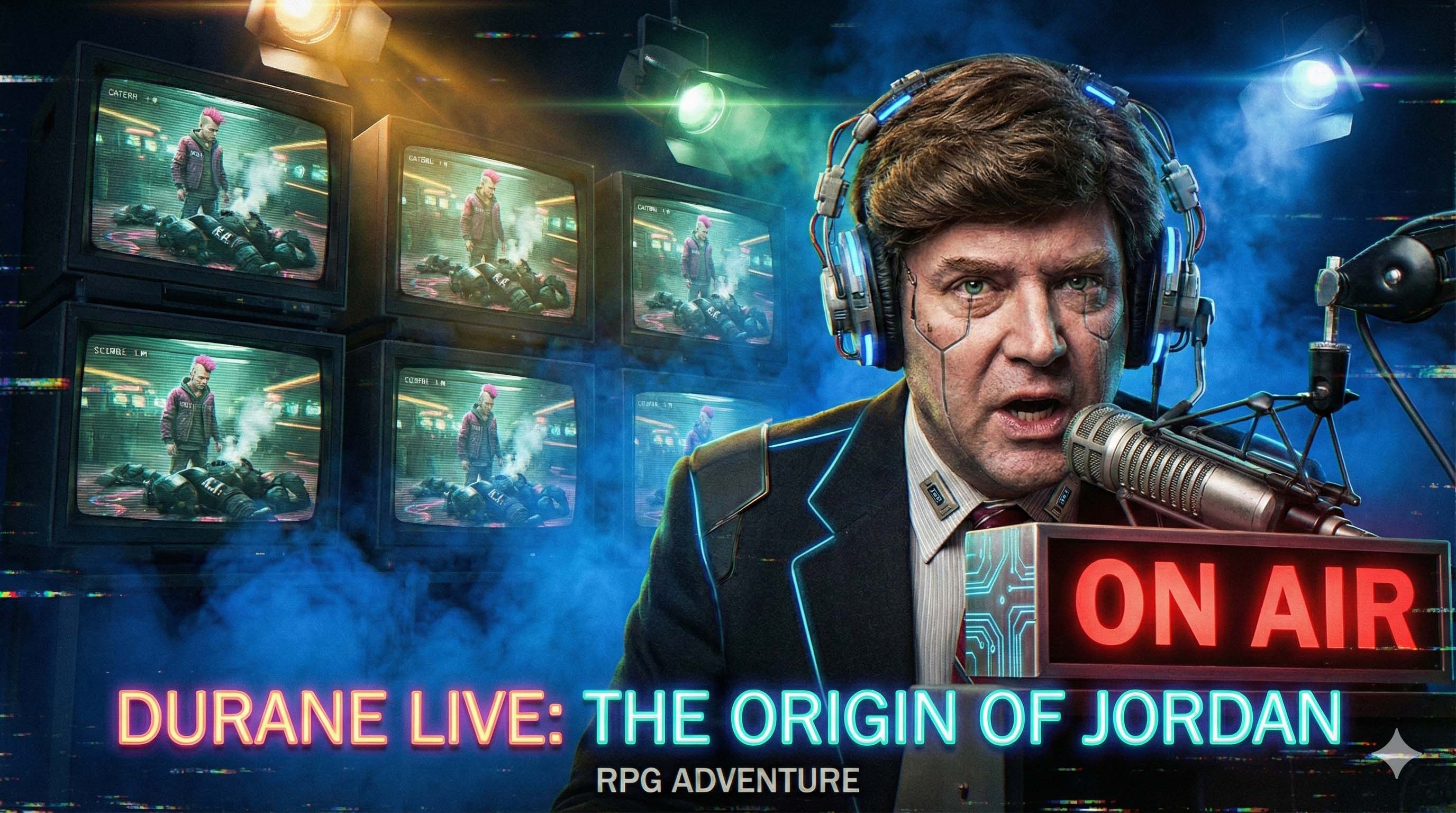
Interview with Racon Gunner, Creator of PsychScape: Historical
Lana: To kick things off, could you give us an overview of the core mechanics of combat in PsychScape: Historical? How do players initiate and resolve combat situations in this game?
Racon: Sure! Like most games, PsychScape uses an initiative roll to determine who acts first. This can be done individually or as a group, based on the Legend Master's call. Once combat starts, players take turns using specific skills to strike. For example, if a player is using a bow, they’ll roll against their marksmanship skill with percentile dice—the lower the roll, the better. Rolls between 0-1 and 0-5 are automatic critical hits.
Unlike many systems, hitting a target in PsychScape is entirely skill-based; it doesn’t rely on the target’s defense. This means your character’s success hinges on their ability, not an opposing defense stat. Factors like armor and environmental conditions can influence damage, but the act of hitting depends solely on skill. This keeps the experience grounded and realistic, especially in historical settings where armor isn’t always available, like the Western era.
Lana: That’s a unique setup! With damage and survival, I understand that PsychScape raises the stakes. In D&D 5e, for instance, characters often have a buffer with hit points and death saves. In PsychScape, what happens when a character’s health hits zero?
Racon: In PsychScape, if your health hits zero, your character is dead. Period. There’s no buffer or safety net; it’s like real life—if you suffer a fatal injury, that’s it. We also have critical hit tables based on weapon type and impact location, and these can be brutally realistic. A hit to a vital area, especially in a setting without armor, can be catastrophic or instantly fatal. Even with armor, some critical hits can bypass hit points if they affect vital areas, making each injury matter.
Lana: With that level of realism, I imagine players engage more thoughtfully in their tactics and approach to conflicts. How does the permanent death rule impact player decisions and the overall gameplay style?
Racon: Absolutely, it makes players far more cautious and strategic. They think carefully before taking any action that might provoke combat, whether it’s opening a door in hostile territory or deciding to draw a weapon. Knowing that death is a constant risk makes every choice feel significant, and players become deeply invested in their characters. Imagine playing a character for years and knowing any moment could be their last—it brings a level of emotional intensity and realism that few other games offer.
Lana: That depth of emotional investment sounds incredible. I understand there’s also a prayer mechanic as a potential last resort. Could you explain how this works and how it fits into the game’s high-stakes atmosphere?
Racon: Yes, the prayer mechanic is unique to PsychScape. It ties into our emphasis on Western civilization and historical faith practices, particularly Christianity. The prayer mechanic lets players pray to God, hoping for divine intervention. If they roll under their spiritual strength score, something miraculous may happen—like a critical hit turning into a minor wound. This mechanic gives players a chance, albeit a slim one, to survive, but it’s story-driven, leaving the Legend Master to decide if the prayer is answered. Faith isn’t a “saving throw” but a hope that fits the historical and emotional weight of the game.
Lana: That’s a fascinating and powerful element. Integrating real-world faith adds authenticity and depth. Do you find players lean into the role-playing aspect of faith, knowing that prayer might be their last hope?
Racon: Definitely. Even in games like D&D, players often lean into faith with Clerics and Paladins praying to their gods. In PsychScape, it’s grounded in the belief in a real God who could intervene. When players bring that belief to their character, it adds another level of realism and depth. It’s not guaranteed, just like in real life, but that hope makes those moments of prayer feel authentic and powerful.
Lana: Wrapping up, what do you hope players ultimately take away from PsychScape's combat experience and these life-or-death stakes?
Racon: I want players and Legend Masters to experience that moment when the real world fades away. When you’re so immersed that you forget the room you’re in, and all you see are the characters, the setting, and the unfolding drama. Those are the memories that stick—the moments you remember almost like they really happened because they were so intense. High stakes, realism, and critical choices create an immersive experience that’s unforgettable. When players have invested years in a character, knowing every decision could be their last, it builds an emotional attachment that makes the game incredibly rewarding.
Lana: Thank you, Racon. This was an inspiring conversation, and I can’t wait to see PsychScape bring those unforgettable moments to more players!
About Lana:Lana is a writer and TTRPG enthusiast with a passion for storytelling that challenges the imagination. With a background in RPG journalism, she explores the mechanics and artistry behind some of the most compelling tabletop games. When she's not interviewing creators, Lana enjoys running campaigns, playtesting indie games, and sharing her love for immersive storytelling with readers everywhere.


